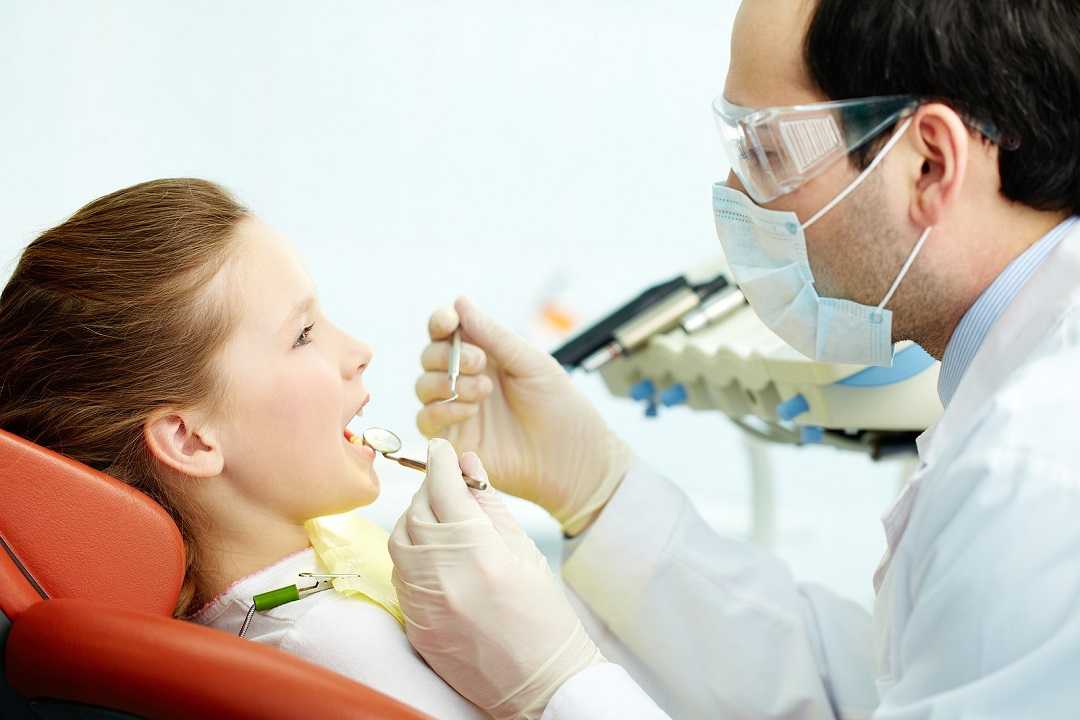Recent marijuana legislation has become a familiar topic of conversation since several states have legalized the plant for medicinal purposes, and more and more are legalizing it for recreational use. While the legislation may be new, cannabis has been cultivated, used, offered and dispersed for centuries, and even though it continues to be banned federally, use is increasing in conjunction with state legalization.
Medically, marijuana has been shown to be effective against vomiting and nausea, and is widely used for cancer patients, AIDS patients and others with chronic diseases. Use of marijuana has also been perceived as beneficial for treating glaucoma, preventing epileptic seizures, decreasing anxiety, easing chronic pain from things like multiple sclerosis and arthritis, managing inflammatory bowel diseases, soothing tremors from Parkinson’s disease, treating PTSD, and many other medical challenges.
Historically, cannabis has been mostly smoked as marijuana, but availability in other forms, such as edibles and topically applied products, continues to advance. Doctors are taking note that regular cannabis users have poorer oral health than non-users, which is evidenced by higher rates of decay, missing and filled teeth, higher plaque scores and less healthy gums.
Science shows that both cannabis and tobacco reduce the production of saliva, leading to dry mouth, (xerostomia). Saliva is your mouth’s self-cleaning system, diluting and flushing away food particles and acids that cause erosion. Dry mouth also bothers the soft tissues in the mouth and they can become inflamed and more susceptible to infection. Along with the increased presence of bacteria, dry oral tissues tend to trigger bad breath.
In a 2016 study by the JAMA Psychiatry, (Journal of the American Medical Association), long-term marijuana usage was reported to increase the risks for developing periodontal disease, (inflammation of the gums). One of the most common chronic problems among adults, periodontal disease is considered to be infections of the structures around the teeth. This includes the gums, the cementum that covers the root, the periodontal ligament and the alveolar bone. The inflammation associated with the disease instigates a breakdown in connective tissue and bone, which can lead to tooth loss.
Even more daunting, long term cannabis consumption changes the lining of the mouth, called cannabis stomatitis, and can result in chronic inflammation – a risk factor for oral cancers.
Cannabis users should be concerned with educating themselves about marijuana and have an open dialogue with their dentist. Maintaining good oral health is a crucial piece of supporting overall health and, as always, the best way to do that is visiting your dentist regularly.
Choosing one of American Dental Group’s extensive network of Colorado, hometown dentists is your best bet for keeping teeth and gums healthy. A thorough exam every six months allows your provider to not only evaluate the health of your mouth, but also keep an eye on anything out of the ordinary, like indications of oral cancer, diabetes or vitamin deficiencies, and other warnings that could have a serious impact on your health. The discount plan through American Dental Group provides a comprehensive list of services including affordable orthodontics (braces), affordable dentures, Invisalign, and many more.
Forbes, AARP, and MarketWatch all agree that dental discount plans are a smarter alternative. American Dental Group provides pre-negotiated discounts to every treatment, regardless of how much or how expensive it is. Whether it’s a necessary procedure or elective (like cosmetic treatments, it’s covered and there is no maximum allowable benefit and no waiting periods or exclusions. Thousands of members have discovered that our discount dental plan is more effective than traditional types of insurance.
**This blog is simply meant to point out some possible concerns that accompany usage, not to promote usage or judge those participating in these behaviors.









